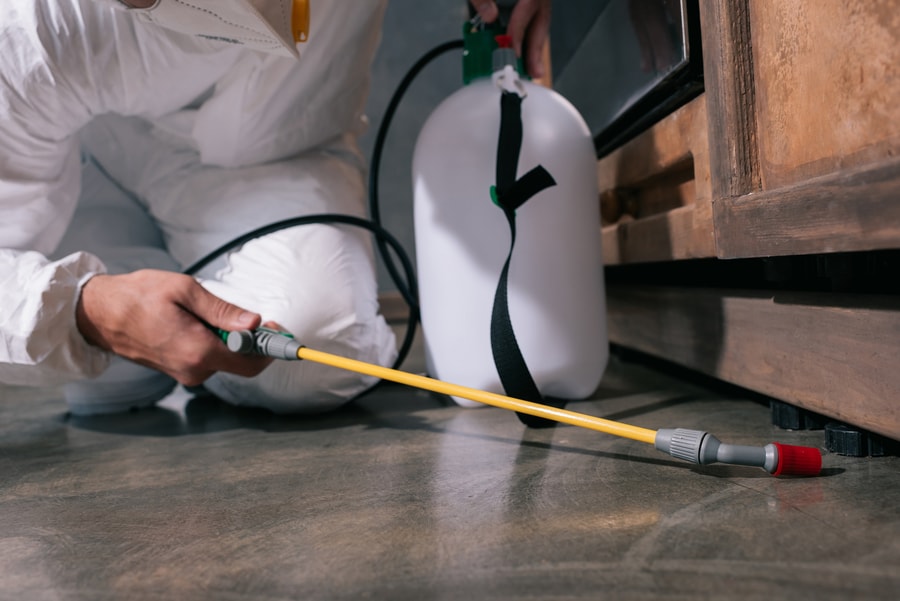Which Insecticide Does Exterminators Use Against Pest Problems?
Choosing the right insecticide for your pest problem can help you keep your home and family safe. However, some insecticides are more harmful than others and may cause health risks. If you are unsure which insecticide is best for your pest problem, consult a professional.
(Searching in Google “best pest control near me“? Contact us today!)

The health risks associated with insecticides depend on several factors, including the type of insecticide, how long you will be exposed to it, and the chemicals in it. Using a low-toxicity alternative may reduce your risks.
Boric acid is one type of insecticide. It’s used to control pests by killing them after they ingest the substance. It’s cheap and can be applied to surfaces where pests are present. It can be used in a spray, pellet, or powder form. It can taste sweet, so children should be kept away from it.
Piperonyl butoxide is another type of insecticide. It is used in combination with products that are designed to control mosquitoes, flies, ticks, and lice. It’s not particularly toxic to humans, but it does cause mild damage to the nervous system of pests. It is used in conjunction with other chemicals to increase their effectiveness.
Another type of insecticide is pyrethroid, which is a synthetic chemical. These are used to control pests like cockroaches, mosquitos, and bedbugs. It’s used by professional pest control companies. It’s a sodium channel modulator insecticide, which means it causes paralysis or tremors in the insect. It can also harm fish when it enters the water.
There are a number of insecticides that are botanical, meaning they are natural chemicals derived from plants. Botanicals are generally considered to be less toxic to humans, mammals, and birds. They are also slow-acting. Some botanicals are absorbed by the insect before it is killed, while others break down quickly. They can be more effective than synthetic insecticides.
One type of botanical insecticide is sesame oil. It is similar to horticultural oils and can be effective at controlling soft-bodied pests like ants. It’s also very effective against mites and scales. These oils can also be used in home pest control. It’s important to remember that the most effective insecticide is one that doesn’t contaminate the environment.
Another botanical insecticide is chrysanthemum flowers. They have been used to control pests for centuries. The flowers are known to be a good repellent. They can be applied to surfaces where pests are found to keep them from re-infesting. They are also relatively safe from beneficial insects in the landscape.
Silica gel is the most effective pesticide. It kills most insects within two to five days. The gel sticks to the insect’s exoskeleton and dehydrates it, causing the insect to die. It also has no odor and can last for up to ten years behind walls.
There are also a number of less toxic insecticides that you can use to control pests in your home. Some insecticides are designed to be used only by professional pest control technicians, so you may want to ask your local company if they are able to use them.

